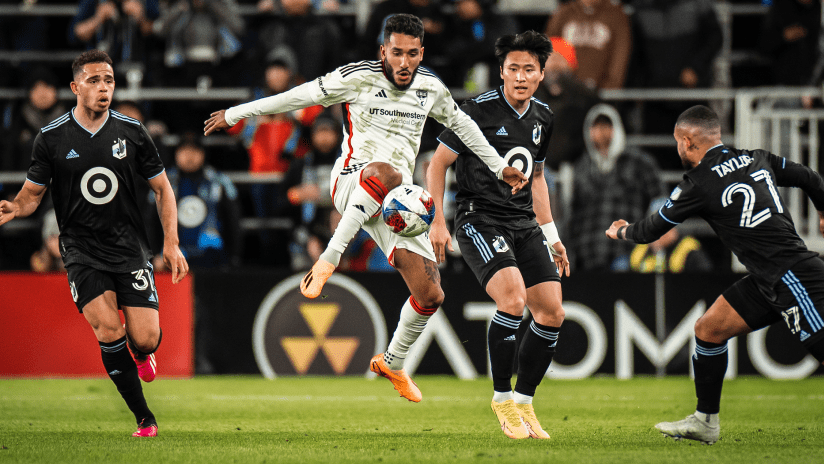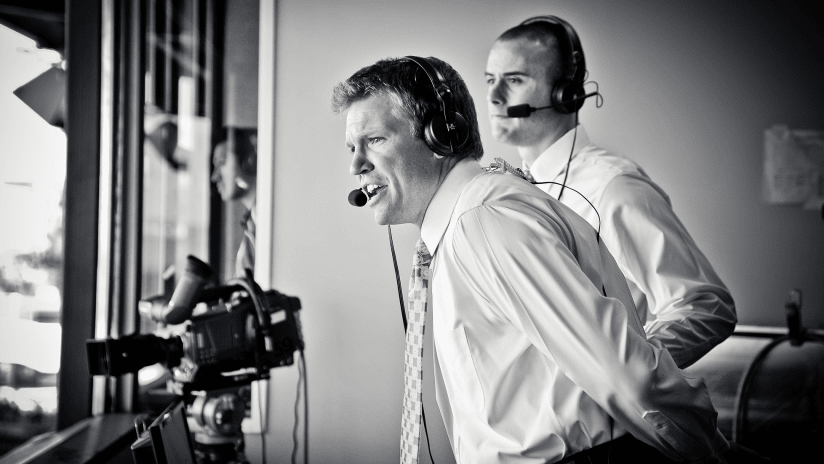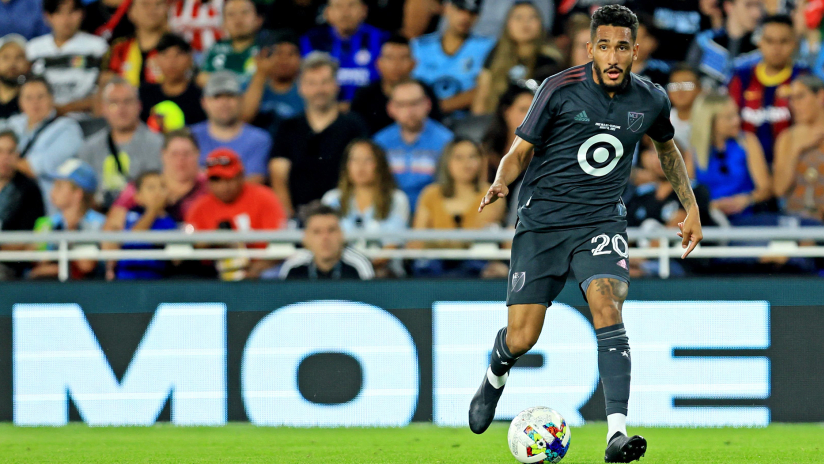DALLAS, Texas - The days and weeks between FC Dallas being awarded a penalty kick was starting to stretch last year. Things were getting quite “stretchy,” in fact.
So we members of the FCD broadcast crew were counting the weeks. Nothing dramatic, just dutifully logging for our general notes the number of weeks since a referee had pointed to the spot during league play in FCD’s favor.
We’re still doing that, only now we’re not counting weeks; it makes more sense to count the months.
For the record, March 12 of 2022 was the most recent time it happened. That was against Nashville in the third match of Dallas’ ‘22 season. Franco Jara converted the spot shot and FCD went on to win (the first “W” under then-new manager Nico Estévez, in fact.) We had zero idea at the time that FCD wouldn’t draw another penalty kick for almost 14 months. And counting.
FCD did have a penalty kick awarded in a subsequent Lamar Hunt U.S. Open Cup contest. Even that was more than a year ago, April 19, 2022. But just talking about league play, it’s been 41 matches. And counting.
All of which begs a couple of questions: First, how rare is such a run of PK thirst?
Second, and probably more important to the FCD cause: what’s happening here? What factors could bring on such a hapless statistical anomaly?
To the first question, on the degree of peculiarity: it’s pretty darn rare.
Consider that Bristol City FC in England’s 2nd tier made worldwide news over the last couple of years with its own run of inauspicious penalty kick fortune. Bristol City was finally awarded a penalty kick last February, having endured a full 15 months without one. That was a gap of 469 days.
FCD isn’t there yet, but it’s creeping up quickly. By the time FCD hosts expansion St. Louis this week at Toyota Stadium, the count for league play will be almost a full 14 months – 420 days to be more precise.
FCD currently is level with Philadelphia (from late 2012 to early 2014) for the fifth longest streak in MLS history. If they can’t earn one in May, the men of FCD will have the 2nd longest streak in 28 years of Major League Soccer. Chivas USA holds the mark, a 54-game stretch ending mercifully in 2012.
On average, MLS teams were awarded 6 penalty kicks during 2023 league play. LAFC was on the high end with 14 last year. Out of 28 MLS clubs, 24 were awarded at least four spot kicks. Real Salt Lake (2), Columbus (2) and Atlanta (3) were among the unlucky bunch (along with FCD and its one, lonely PK attempt.) Everyone else was somewhere in between.
Also for context, referees pointed to the spot seven times last year against Dallas, just a little higher than average, but nothing to write angry letters about.
Now for the “why?” At least to the theories for the “why?”
The first thing to say: this is no grand conspiracy or somesuch. Everyone likes to think referees / league officials are perennially against their team - it’s part of supporters’ DNA, I suppose. But as I like to remind folks, referee decisions are zero sum; that is, for every “minus” there must also be a “plus.” So mathematically, we know this cannot be the case.
As for some type of unconscious bias, also doubtful. Referees have zero reason to “dislike” FCD.
So, is this about the technical profile of the FCD attackers? Or some obscure tactical nuance? Or is it just plain old, ordinary bad luck?
The short answer is: Yes.
That is, probably a little “all of the above.”
Jesus Ferreira is a technically gifted, cerebral striker. He’s a lot of things, but not necessarily a “banger.” That is, he’s not looking to “body” central defenders or get into ongoing physical engagements. He’s looking to pull away from center backs, or take clever positions off their back shoulder (out of sight) or to dash in between the central defenders on diagonal runs, etc. So he’s probably not going to draw a lot of penalty kicks by being on the business end of a physical tussle gone wrong.
Estévez acknowledged some of it was tactical nuance. Generally, FCD asks midfielders to be a little more protective, a little more risk averse. Although getting a few more runs from midfielders into opposition penalty areas has been a strategic goal of 2023, he knows the team could still do a smidge more.
“Probably we have to have more players [arriving] into the box to get more penalty kicks,” Estévez said during his weekly media availability ahead of Saturday's match against St. Louis. “We have to force them and be more aggressive inside the penalty box.”
So, a little more aggressive. A little more luck. A few more runs, etc. All streaks end. We’ll just keep counting until then.






